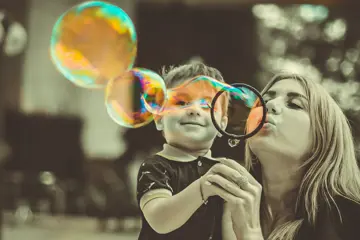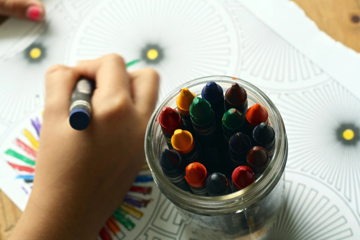Key things foster carers can do to help children build positive attachments include:
- Establishing boundaries: this may be challenging but in the long run can help children feel safe.
- Routines and consistency: helping a child to feel settled and know what to expect.
- Empathy and child focus: see the world through the eyes of the child looking beneath behaviours to see any emotional needs that may be driving the behaviour.
- Establishing trust: building your relationship via listening, talking, playing and dedicating quality time to their needs.
- Focus on small steps: recognise the small achievements and accept things may at times feel like they go backward before moving forward again.
- Health and exercise: good sleeping patterns and healthy eating habits are likely to improve a child’s physical and mental health and mood so its important to consider when tackling attachment issues.



